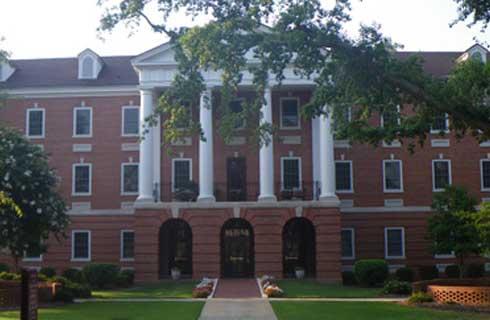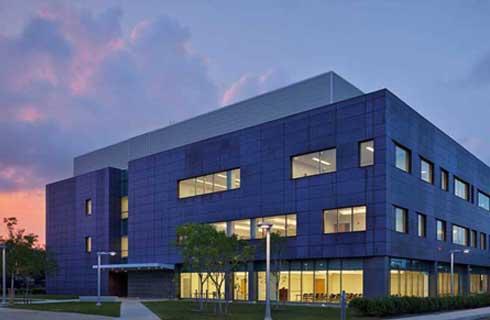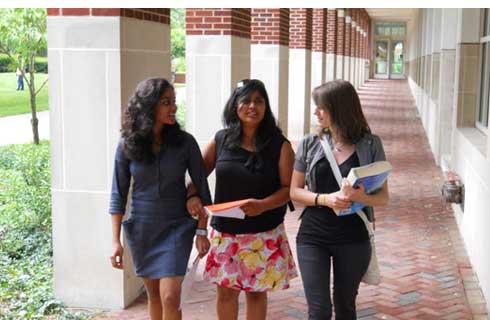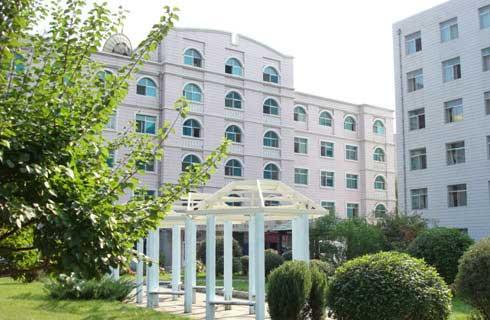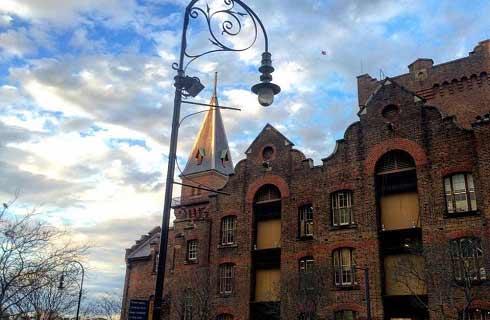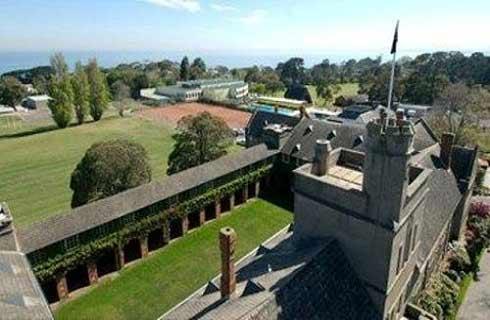MRes Cardiovascular Medicine

谢菲尔德大学

QS排名:
学历文凭
Masters Degree (Research)
国际学生入学条件
You'll need at least a 2:1 in a relevant science undergraduate degree. A 2:2 may be considered with a strong performance in research-related modules. We also welcome medical graduates, as well as UK medical undergraduates wishing to intercalate. Overall IELTS score of 7.0 with a minimum of 6.5 in each component, or equivalent. TOEFL Overall score of 95 with a minimum of 21 in Listening, 22 in Reading, 23 in Speaking and 22 in Writing.
展开
IDP—雅思考试联合主办方

雅思考试总分
7.0
了解更多
- 雅思总分:7
- 托福网考总分:95
- 托福笔试总分:160
- 其他语言考试:Pearson Test of English Academic (PTE Academic) - Overall score of 67 with a minimum of 61 in each component.
CRICOS代码:
申请截止日期:请 与IDP联系 以获取详细信息。
课程简介
Learn how to develop new diagnostic tools and treatments for a range of cardiovascular conditions. Study the fundamental science of cardiovascular disease, explore modelling and imaging techniques, and find out how new technologies and therapies reach patients.<br>This course is designed to give you the skills and expertise to develop new diagnostic tools and treatments for cardiovascular problems that affect populations around the world. Topics range from the fundamental molecular and cellular biology to the care that patients receive.<br><br>You will study a range of conditions in detail, including coronary artery disease, cardiopulmonary disease, heart valve disease and heart failure – their causes, their effects and the treatments available for patients. You will also learn about imaging tools such as MRI, CT and ultrasound, a range of lab-based and computational modelling techniques, and how these are used to help researchers understand cardiovascular conditions and inform the decisions that clinicians make.<br><br>You will have the opportunity to visit the Cardiac Catheter Suite at the Northern General Hospital. The course also covers the process of developing new drugs, devices and treatments for patients with cardiovascular conditions. You will examine the economics of medical technologies, how they are regulated and how they can be adopted, and get the opportunity to pitch your own idea to help patients with cardiovascular disease.<br><br>You will also complete a research skills training programme and, after all other teaching has been completed, you will spend 20 weeks working full-time on your own research project. Working as part of a team of professional scientists, you will have the opportunity to test a hypothesis, design experiments, analyse your results and present your findings. Many of our students have published their work in peer-reviewed journals and presented their findings at conferences.<br><br>Your career<br>This course is great preparation for a career in cardiovascular medicine research. Many of our graduates go on to complete a PhD and work at top universities and research institutes. Others have pursued a career as a clinical scientist with the NHS or have returned to their clinical studies.
展开
相关申请

预科

奖学金

实习机会

在校学习

跨境学习

校园授课-线上开始

在线/远程学习
学校排名
世界排名
106
数据源:泰晤士高等教育世界大学排名

关于谢菲尔德大学

谢菲尔德大学是一个一流的研究型大学,在全球享有盛誉。该校是著名的罗素集团成员,名列全球第92位、英国第15位(2026年QS世界大学排名)。来自各种背景的学生将在谢菲尔德享受世界一流的教育。谢菲尔德有50多万人口,是个蓬勃发展的文化和工业中心。谢菲尔德是英国第四大城市,位于英国中心地带,是学生游览英国和欧洲的理想基地。从谢菲尔德乘火车两个小时便可到达伦敦,一小时可到达曼彻斯特。谢菲尔德大学拥有一个庞大的国际学生群体,因优质的教学和世界一流的研究而闻名。研究人员热衷于解决当今世界所面临的最大挑战。该校的尖端研究成果不仅影响着英国及全球的政策,对该校一系列学科的教学也发挥着作用。谢菲尔德大学有来自世界各地150个国家的3万多名学生。该校因紧密团结、温馨友好的校园社区而闻名,其学生会是公认的英国最好的学生会之一,在''2025年英国全国学生调查''中名列英国榜首。学生会提供各种俱乐部和社团、社交活动以及志愿活动机会,让学生获得更好的求学体验。谢菲尔德大学也因为学生提供极好的求学生活而世界闻名。
本校相关课程
学历文凭
Undergraduate Masters
学历文凭
Bachelor Degree with Honours
学历文凭
Bachelor Degree with Honours
学历文凭
Bachelor Degree with Honours
学历文凭
Bachelor Degree with Honours
学历文凭
Bachelor Degree with Honours















